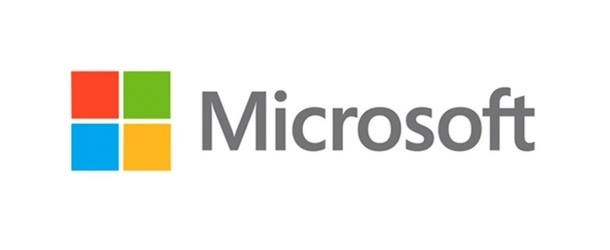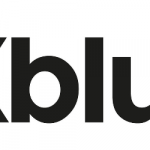Why Microsoft views quantum technology as a ‘big prize to go after’

(FedScoop) FedScoop’s Brandi Vincent recently reported on Microsoft’s “.. . journey exploring the promise of quantum information science”. IQT-News summarizes Vincent’s article and the comments she recorded from Microsoft executives.
The full-stack, scalable quantum supercomputer Microsoft is building isn’t ready just yet — but the tech giant is already working with the government and other companies to prepare quantum-inspired algorithms to run on classic high-performance computers and, hopefully, pave the way for workloads of the future.
Almost two decades into the company’s journey exploring the promise of quantum information science, Microsoft officials see breakthroughs, and threats, just beyond the horizon.
“We’ve learned a lot, because this is one of the longest-running research projects that Microsoft has ever had. I mean, imagine a commercial [set-up] where I do see my [chief financial officer] every quarter, having to go in and say ‘we’re still doing that quantum thing. It’s year 17, but trust me, this is going to be so awesome. It’s going to blow you away and we’re getting closer on that,’” the company’s Executive Vice President Jason Zander said during a keynote presentation at Microsoft’s National Security Symposium.
Zander’s comments came just a couple days before President Joe Biden signed a national security memorandum that initiates that likely long and arduous, whole-of-nation process to secure America’s infrastructure against such advanced, yet-to-exist supercomputers, underscoring the risks they might pose.
Other executives at the corporation also see the potential promise quantum holds — and the need to continue to prioritize work associated with it. “Quantum computing technologies can accelerate the ability to analyze and process information for defense applications while dramatically improving security of that data and information,” Microsoft Federal’s Vice President for Defense Wes Anderson told FedScoop in an email on Thursday.
Zander said while they continue to make gradual progress there, his colleagues are also designing quantum-inspired optimization algorithms that can function on classical computers now — so that when America’s first quantum machine is up and running, they can be readily applied to complete “transformational” tasks.
“This is some of the biggest stuff that we’re doing from the motions of scientific experimentation, which is just really freaking awesome,” Zander said.
Sandra K. Helsel, Ph.D. has been researching and reporting on frontier technologies since 1990. She has her Ph.D. from the University of Arizona.



















